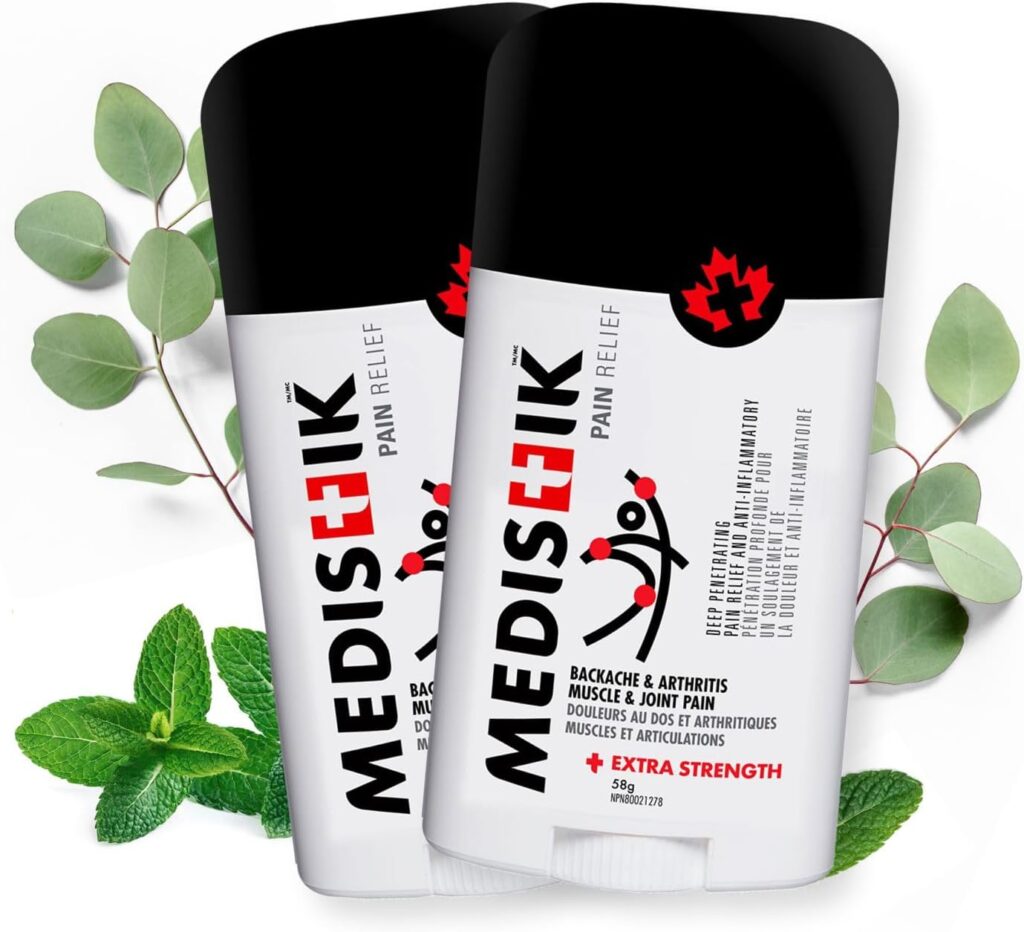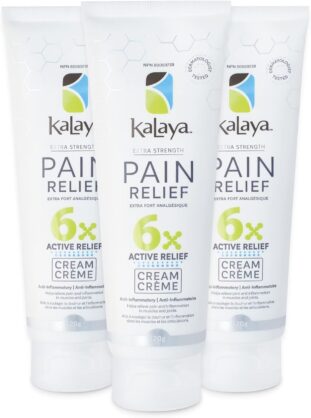Discover the worst medication for arthritis you must avoid, why it may be doing more harm than good, and which options could actually help. If you think all arthritis medications are safe, think again!
You know, I used to think any medication for arthritis was better than none—until I learned the hard way. My aunt Sheila, full of spunk and sass well into her seventies, found herself sidelined not by arthritis, but by the very meds prescribed to help her.
Her story opened my eyes and pushed me into the rabbit hole of what’s really inside that pill bottle. So let’s talk, senior to senior, about the worst medication for arthritis you must avoid, and how to make better choices for your aching joints.
The Arthritis Struggle: More Than Just Aches and Pains
Arthritis isn’t some minor nuisance you can ignore with a hot bath and a prayer. Whether it’s rheumatoid arthritis, osteoarthritis, or just plain old wear-and-tear, that stiffness and joint pain can seriously cramp your lifestyle.
And while popping a pill might sound like the easiest fix, not all arthritis pain relief options are created equal. There are however some medication for arthritis you must avoid.
Let’s be real. The “worst” medication doesn’t always mean it’s ineffective. Sometimes, it’s a combination of nasty side effects, interactions with other meds, or long-term damage that no one warns you about until it’s too late.
In addition, being over 60 and already juggling a medicine cabinet full of other prescriptions—yes, that’s a recipe for disaster.
The Worst Medication for Arthritis You Must Avoid!
Drumroll, please… In my opinion—and in many clinical cases—it’s corticosteroids when used long-term. NSAIDs are also only safe when used short-term and under a doctor’s guidance.
Whoa, wait! Don’t throw your meds in the trash just yet. Hear me out.
Corticosteroids for arthritis, like prednisone, can work wonders in the short term. They cut inflammation like a knife through butter. But taken over months or even years? That’s where the problems creep in—quietly and steadily.
Side Effects That Sneak Up On You
Long-term use of corticosteroids can lead to:
- Brittle bones (hello, osteoporosis!)
- Blood sugar spikes
- Weight gain and puffiness
- Increased risk of infections
- Mood swings and insomnia
My aunt ended up with serious bone thinning, and all because no one gave her the fine print. It’s a sneaky kind of damage you don’t notice until it’s too late.
Better Options to Manage Arthritis Pain
The most effective medication for arthritis depends on the type and severity of arthritis, but here’s a general breakdown of what works best for many people:
Don’t worry, all hope isn’t lost. There are safer and more sustainable options than high-dose steroids. Over the years (and trust me, I’ve tried my share), these are the ones that actually helped me keep moving without trading one problem for another. Let’s look at each one in depth.
Osteoarthritis – Medication for Arthritis in Knees
Osteoarthritis, the most common type of arthritis is caused by the gradual break down of joint cartilage and underlying bone and leads to pain, stiffness, and an accompanying reduced mobility.
It usually affects weight-bearing joints like the knees, hips, and spine, and its symptoms often worsen over time.
3 groups of medication for arthritis in knees:
- Try NSAIDs—With Caution : NSAIDs (Nonsteroidal Anti-Inflammatory Drugs) for arthritis, like ibuprofen and naproxen (Aleve) , are solid go-tos for joint pain medications. They are not anti-inflammatory. While they relieve pain, they can mess with your stomach lining and kidneys if you’re not careful. Always take them with food and don’t overdo it. Talk to your doctor about safer dosing strategies.
- Topical NSAIDs: These are great for localized relief with fewer side effects than oral meds.
- OTC Acetaminophen (Tylenol): May help mild pain but is less effective for inflammation. Over-the-counter arthritis drugs like acetaminophen are fine in moderation. I use acetaminophen for arthritis on days when I just need a little nudge, not a full-blown rescue mission. It’s easy on the stomach but not super strong, so don’t expect miracles.
Medication for Arthritis in Fingers – Rheumatoid or Inflammatory Arthritis
Rheumatoid arthritis is an autoimmune disease that attacks healthy cells and tissue in multiple joints of the body causing pain, swelling and inflammation.
Unfortunately, it also damages other organs of the body including the eyes, skin, lungs, heart and blood vessels.
2 groups of medication for arthritis in fingers:
- Enter the World of DMARDs: DMARDs for arthritis (Disease-Modifying Anti-Rheumatic Drugs) are great for folks with rheumatoid arthritis. They don’t just mask symptoms—they actually slow the disease down. Methotrexate is a common one, and while it’s not sunshine and rainbows, it can preserve your joints if monitored properly.
- Biologic Treatments: Biologic treatments for arthritis are high-tech and can be a game-changer, especially when DMARDs aren’t cutting it. They target specific parts of your immune system and have helped folks avoid joint replacement altogether. Yes, they are pricier and usually come as injections, but if your arthritis is aggressive, it’s worth the discussion.
👉 Talk to your doctor for a diagnosis and plan tailored to your specific arthritis type, symptoms, and overall health.
Natural Remedies as Medication for Arthritis
Before you scoff, let me say this: some natural remedies for arthritis can actually help. Turmeric, omega-3s, and even ginger supplements reduced my morning stiffness by a mile.
No, they’re not miracle cures, but they can be a great sidekick to more conventional treatments.
Take turmeric, for example—its active compound curcumin is known to reduce inflammation. Add a sprinkle to your eggs or sip it in tea, and you might just feel a difference.
Omega-3 fatty acids, found in fish oil, flaxseed, or walnuts, help lubricate joints and ease stiffness. Ginger? Yep, it’s more than just a sushi sidekick—it’s anti-inflammatory too.
And don’t forget about Epsom salt baths! The magnesium absorbs through your skin and can soothe sore joints. Just remember: natural doesn’t mean risk-free.
Always check with your doc before adding anything new to your regimen, especially if you’re already on prescription arthritis treatments. A little nature-powered backup can go a long way—when used wisely.
Topical Options and Creams
Can’t stomach another pill? Arthritis cream topical options like capsaicin or menthol gels offer localized relief without gut issues. I keep one in my nightstand and one in my car—just in case.
MEDISTIK Extra Strength Pain Relief Long Lasting Topical Pain Reliever for Backache, Arthritis, Muscle & Joint Pain (2x58g)
The Role of Supplements and Diet
When considering different medication for arthritis, don’t underestimate arthritis supplements. They can make a noticeable difference when paired with a joint-friendly diet.
The big three? Glucosamine, chondroitin, and omega-3 fatty acids. Glucosamine helps maintain cartilage, while chondroitin supports joint flexibility and reduces inflammation.
Omega-3s, found in fish oil, help lower morning stiffness and joint tenderness—especially in rheumatoid arthritis. Some folks also swear by SAM-e and boswellia extract, both known for their anti-inflammatory benefits.
INTELLIGENT LABS Triple Strength Glucosamine Sulfate Complex 1500mg, With Boswellia, Chondroitin, MSM and Turmeric
When it comes to diet, ditch the processed foods and load up on leafy greens, berries, and fatty fish like salmon. These contain antioxidants and healthy fats that combat inflammation naturally.
I noticed fewer flare-ups once I swapped chips for walnuts and added spinach to nearly everything.
Pro tip: Keep a food and supplement journal. Not only does it help track patterns, but it also makes discussions with your healthcare provider more productive. And remember—consistency is key. Supplements take time to work, so stick with them for a few months before judging the results.
Managing Arthritis Long Term
You want something that won’t just patch up today but will protect your future. Slow-acting arthritis drugs, mobility aids, exercise, and even mindfulness all play a role.
I started journaling my flare-ups, and over time, noticed clear patterns tied to weather, stress, and diet. Knowledge is power, folks.
Conclusion: Best and Worst Medication for Arthritis
At the end of the day, the worst medication for arthritis you must avoid might not be the same for everyone, but those long-term corticosteroids?
Yes, they’re high on the list. Look, it’s your body, your life, and your comfort on the line. Make informed choices, ask questions, and never be afraid to advocate for yourself.
Just because you’re older doesn’t mean you’re powerless.
FAQs for Worst Medication for Arthritis
What is the worst medication for arthritis?
Long-term corticosteroids like prednisone are often considered harmful due to serious side effects such as bone loss, high blood pressure, and increased infection risk.
Are NSAIDs safe for seniors with arthritis?
They can be, but only when used short-term and under a doctor’s guidance. Always take them with food to avoid stomach issues.
Can natural remedies replace prescription arthritis meds?
Not usually, but they can complement your treatment plan. Turmeric, omega-3s, and ginger can help reduce inflammation.
What are the best alternatives to corticosteroids for arthritis?
DMARDs, biologics, arthritis cream topical treatments, and acetaminophen for arthritis are all safer long-term choices.
How do I know which arthritis medication is right for me?
Work with your doctor. Everyone’s arthritis story is different, and your plan should be tailored to your body’s needs.





